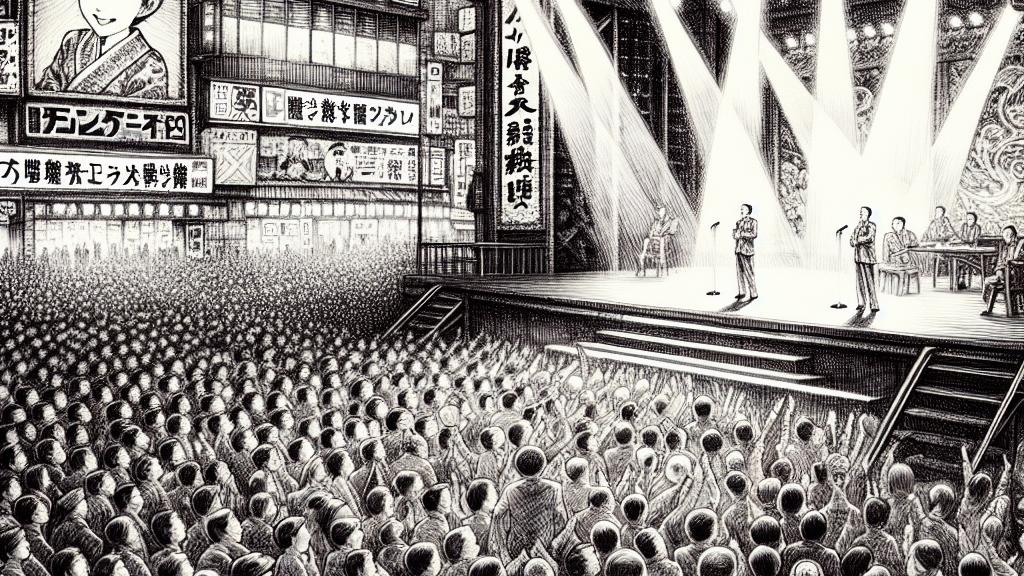Debate Over Character's Health Notation in Shiny Colors Live Event
Overview
- The recent live event in Japan sparked heated debate over a character's health storyline.
- Fans voiced their disappointment, feeling disrespected in their investment of time and money.
- This artistic choice raises essential questions about balancing authenticity with entertainment.

An Exciting Premise Turns Controversial
The live performance of 'The Idolmaster Shiny Colors' recently took place in Japan, drawing in fans from all over, bubbling with excitement and anticipation. Everyone looked forward to an exhilarating experience—imagine vibrant lights, dynamic choreography, and your favorite characters performing live! However, the excitement fizzled when the show included a disconcerting plot twist: Hida Mikoto, a character beloved by many, was suddenly written into a script where she was portrayed as being unwell. This decision, intended to add an element of realism, ended up steering the event into a sea of controversy, leaving numerous attendees feeling cheated and frustrated.
Fan Reactions: A Wave of Discontent
Fan reactions erupted across social media platforms, underscoring the emotions running high among those who attended. One particularly frustrated fan shared their experience, revealing they had traveled hundreds of miles, fueled by the hope of seeing Mikoto live. When the unexpected announcement of her absence hit, it felt like a gut punch. Many fans echoed these sentiments, arguing that a live performance should be a joyous celebration—not a vehicle for unexpected drama. Instead of walking away filled with euphoria, they found themselves questioning the very purpose of their attendance, grappling with feelings of disappointment that lingered long after the curtains fell.
The Clash of Realism and Entertainment
This whole incident has ignited an essential debate about where one should draw the line between storytelling and pure entertainment. Certainly, some fans appreciate a narrative that explores characters in more depth, allowing them to connect on a personal level. However, many assert that the heart of a live performance lies in its ability to uplift and entertain. If fans wanted to experience dramatic twists and turns, they could watch a TV series or a film instead. Concerts should create an atmosphere filled with energy, joy, and excitement - a temporary escape from everyday life, not a reminder of its harsh realities. Hence, the question arises: should realism be integrated into live performances at the risk of diluting their intended joy?
Looking to the Future of Shiny Colors
As the dust settles on this event, it becomes imperative for the 'Shiny Colors' team to engage in some serious soul-searching. They should recognize that while creative storytelling is important, it must never overshadow the primary objective of any concert: to entertain an adoring fanbase. Moving forward, it would be wise for the creators to find a balance where they can craft rich narratives intertwined with the exuberance of live performances. If they succeed in doing that, the future of 'Shiny Colors' could shine even brighter, allowing eager fans to immerse themselves in unforgettable experiences that blend joy with meaningful storytelling.

Loading...